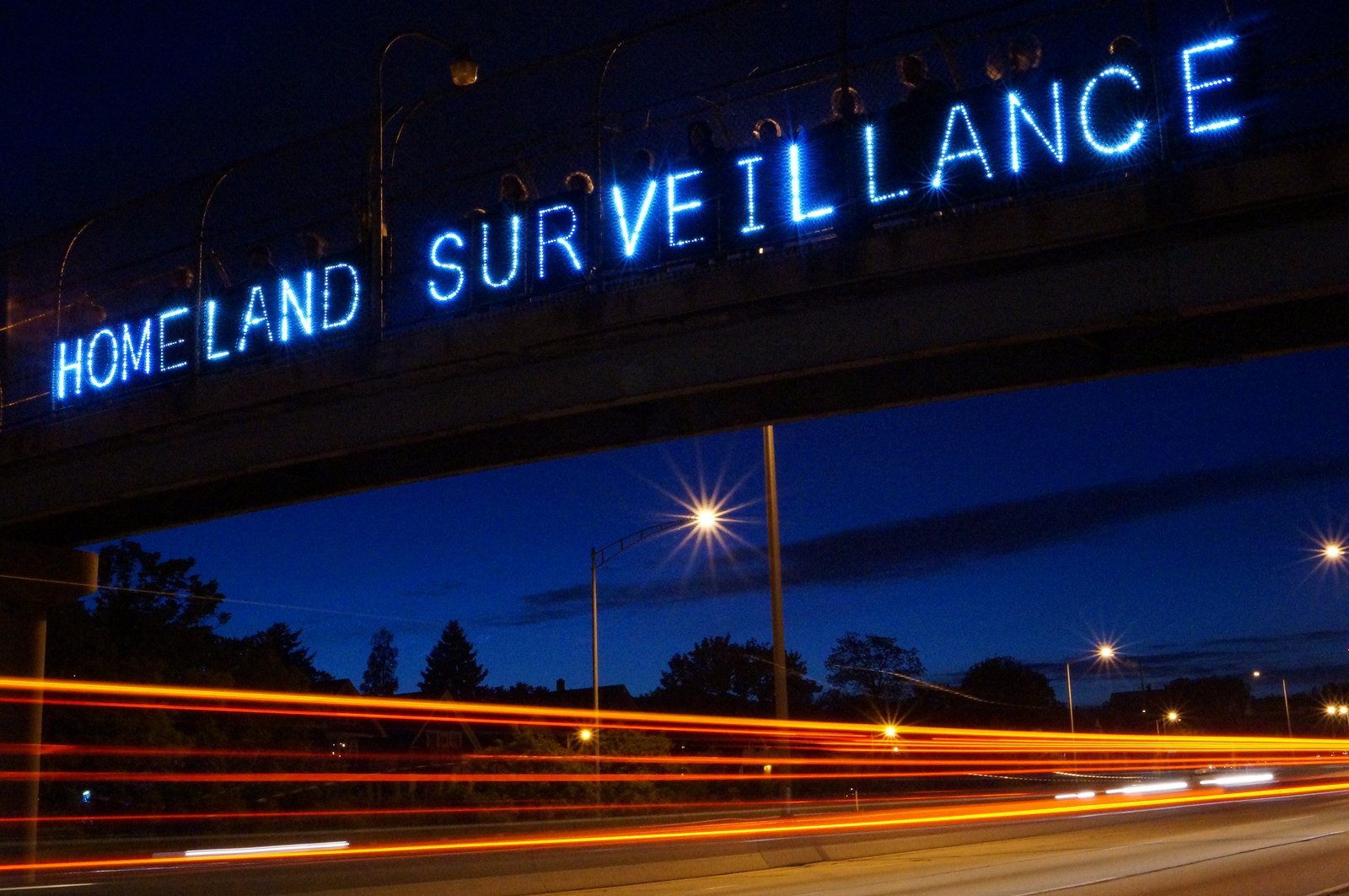Cracks are appearing in a legal wall that since 9/11 has shielded from open-court review the U.S. government's claim that it has constitutional authority for its secret antiterrorism surveillance programs, some legal experts say.
Roughly 70 lawsuits have been filed since 2005 alleging that secret U.S. surveillance programs violated someone's constitutional rights, but federal judges have dismissed most of the cases before the merits of the charges were ever heard, these experts say. In particular, plaintiffs have stumbled over the challenge of gaining legal standing to even bring suit against the government, primarily because they could not identify the secret surveillance program that they claimed had harmed them.
But fugitive leaker Edward Snowden, who in June divulged to reporters top-secret documents about two U.S. surveillance programs run by the National Security Agency (NSA), may have provided a way to get around that hurdle, constitutional lawyers say. Since the Snowden leak (and U.S. officials' subsequent confirmation that the documents are real), at least five lawsuits have been filed, the latest on Tuesday, alleging that the NSA program to track all Americans' telephone records violates the U.S. Constitution.
"The fact that people [who are worried about NSA overreach] can now prove these programs exist and can find plaintiffs that, even if not targeted, were at least subjected to surveillance, that's what's legally important here," says Stephen Vladeck, associate professor at American University's Washington College of Law and a national security law expert. "People can now show that the programs are not just speculation."
As recently as February, the U.S. Supreme Court in a 5-to-4 decision denied standing to human rights activists who claimed that U.S. surveillance programs made it difficult and costly for them to do their jobs protecting threatened people overseas. The claims merely amounted to a "speculative chain of possibilities," Justice Samuel Alito wrote for the majority.
Among the new lawsuits challenging the constitutionality of the NSA telephone records "metadata" collection program are one filed by the American Civil Liberties Union in New York, one by a nurse who is also a Verizon Wireless customer, and another by Larry Klayman, founder of the conservative group Judicial Watch. Another suit by Mr. Klayman targets a separate NSA Internet surveillance program called PRISM.
In previous cases, government lawyers managed to prevent courts from considering the constitutional arguments at the center of the complaints, by successfully challenging the plaintiffs' legal standing and by citing the need for secrecy for government surveillance programs.
"The government has used just about every legal tool in their tool kit to prevent the courts from deciding these cases on the merits," says lawyer Mark Rumold of the Electronic Frontier Foundation (EFF), a digital rights group based in San Francisco that has filed one of new lawsuits. "These procedural maneuvers have precluded courts from actually ruling on the constitutionality of the surveillance programs."
Hopes are high among privacy-protection advocates and government-transparency proponents that the latest batch of lawsuits will fare better before judges, perhaps clearing the "standing" hurdle and moving on to test the core argument that such surveillance programs violate the Constitution.
The acknowledgement of these surveillance programs by government officials could mean "a sea change for judges to now reject the government's argument for the need for secrecy - as well as the lack-of-standing claim," says Mary-Rose Papandrea, a constitutional law professor at Boston College Law School.
The suit the EFF filed Tuesday represents 19 organizations, including Unitarian church groups, gun ownership advocates, and a broad coalition of political advocacy organizations. They argue that the NSA violated their First Amendment right of association by illegally collecting their call records.
The NSA's mass, untargeted collection of Americans' phone records "violates that right by giving the government a dramatically detailed picture into our associational ties," said Cindy Cohn, legal director of EFF, in a statement Tuesday. "Who we call, how often we call them, and how long we speak shows the government what groups we belong to or associate with, which political issues concern us, and our religious affiliation."
Signs are growing in other quarters, as well, that the legal wall is being chipped away. Among them:
• On Monday, the chief judge of the U.S. Foreign Intelligence Surveillance Court (FISC), a secret federal court that oversees requests for surveillance warrants against individual targets inside and outside the US, ordered the release of the court's decision from a 2008 case that forced Yahoo! to turn over user data to the government as part of the NSA's PRISM surveillance program.
• Some of the Internet giants that take part in the government surveillance programs are calling for more openness - and could back that up with legal action, some experts say. Google last month asked the FISC, also known as the FISA court, for permission to release the number of government requests it has received for user data. Microsoft this week requested permission to share data about NSA requests for customer information.
• On Capitol Hill, some lawmakers, from both political parties, are agitated about the scope of the surveillance programs and may lobby for changes in how they operate. The House Judiciary Committee grilled federal officials Wednesday about the phone metadata and other surveillance programs. Deputy Attorney General James Cole replied that the NSA surveillance programs "achieve the right balance" between protecting Americans' privacy and their safety.
But Rep. John Conyers Jr. (D) of Michigan said collection of the metadata under Section 215 of the Patriot Act "can amount to a Fourth Amendment violation" before any use is made of it. "You've already violated the law," he told the government witnesses. "I feel very uncomfortable about using aggregated metadata on hundreds of millions of Americans," he added. "This is unsustainable, it's outrageous and must be stopped immediately."
Such developments, legal experts say, improve plaintiffs' chances of getting their day in court on the core issues - whether or not they win.
"It's not a forgone conclusion that these programs are illegal," Professor Vladeck says. "But it's a lot easier to change the law once you know what the law is - and we haven't really known what authorities the government claims" when it goes before the secret Foreign Intelligence Surveillance Court to get sign-off for certain surveillance programs.
"Until Snowden came along, we had no idea how to interpret Section 215 of the Patriot Act," Vladeck adds. "Now, even if these cases lose on the merits, at least we'll find out."
3 WAYS TO SHOW YOUR SUPPORT
- Log in to post comments


















